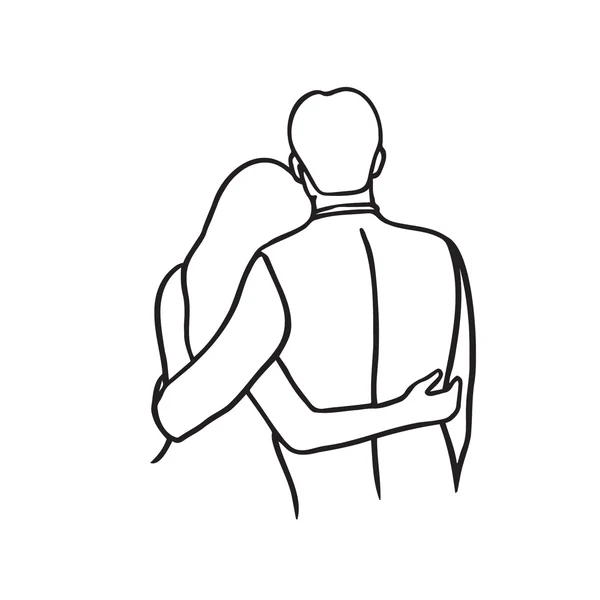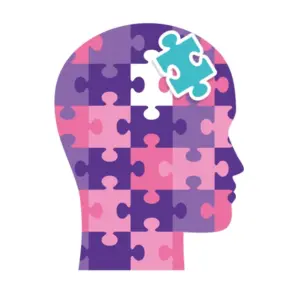
你是否记得在那次谈话中,当对方不断打断你,似乎不注意你所说的话时,你的感觉如何?
感到沮丧?失望?愤怒?
也许以上都是…
倾听对方,不打断对方的讲话
倾听而不等待轮到我们发言
倾听时不是不做判断,而是在倾听的同时意识到我们的判断。
有意识地倾听,以便对差异、对新奇、对令人惊讶和能够丰富我们的东西保持开放。
这需要一种努力,需要一个过程。一个智力和精神的过程,因为我们的大脑是如此制造,以至于它冲动地做出反应来保护我们。
我们有回应、争论或辩论的这种需要或必要性是什么?为了证明我们是对的?
那么这满足了什么需求?
为了安慰自己不被接受的焦虑?
我们对不被认可的恐惧?
我们对自己不如别人的焦虑?
我们对不被倾听的不满?
轮到我们不被倾听,当我们刚刚打断了对方的谈话,从而打断了我们的倾听过程。
多么矛盾的事情啊!
我们内心冲突的另一个意象…
没有意识到这种内在冲突,使我们被囚禁。不是外部力量的囚徒,而只是我们自己的囚徒。
当人们问我如何变得更快乐时,有时我的回答很简单:”没有自由就没有快乐”。这里我说的不是来去自由或买这买那的自由,而是从我们的内在监狱中解放出来。
当然,在我们的日常生活中还有许多其他的机会来探索与自己的这种关系,还有许多其他的关注点来让这种意识出现。但是每一个机会都是一个好机会,只要我们对我们自己的解放这个主题感兴趣。
倾听,带着意识倾听是一个锻炼我们觉知的机会。朝着我们的解放又迈出了一步。

在 “动中觉察 “的课程中,运动或运动的意图,就像与我们对话的人所说的话。
我们倾听,感觉和感知我们自己的动作所产生的感受:我们诱发的或无意识的肌肉收缩、我们的接地点、我们的呼吸等等。
感知首先出现,然后是感觉:舒适、容易、困难、热、冷,就像对我们自己的感知所做的许多判断。
只要我们保持在感知的层面上,我们就会保持好奇心,对惊喜保持开放,对未知保持开放。
因此,动中觉察是与我们自己的对话,在这个过程中,有时或经常,我们无法保持在仅仅倾听我们的感知的水平上,我们开始用我们的感觉来判断。这个过程就被打断了。
当然,这并不是要做到完美。这不是一个永远不失去关注点的问题,而是将这些时刻纳入体验中,并意识到我们何时陷入其中,只要意识到它们。
这种内心体验,作为一种心智练习进行,有能力补充和丰富我们与自己和他人的关系。


不要忘记查看我们即将举行的活动和课程的日历。
Don’t forget to check the calendar of our upcoming events and classes.
